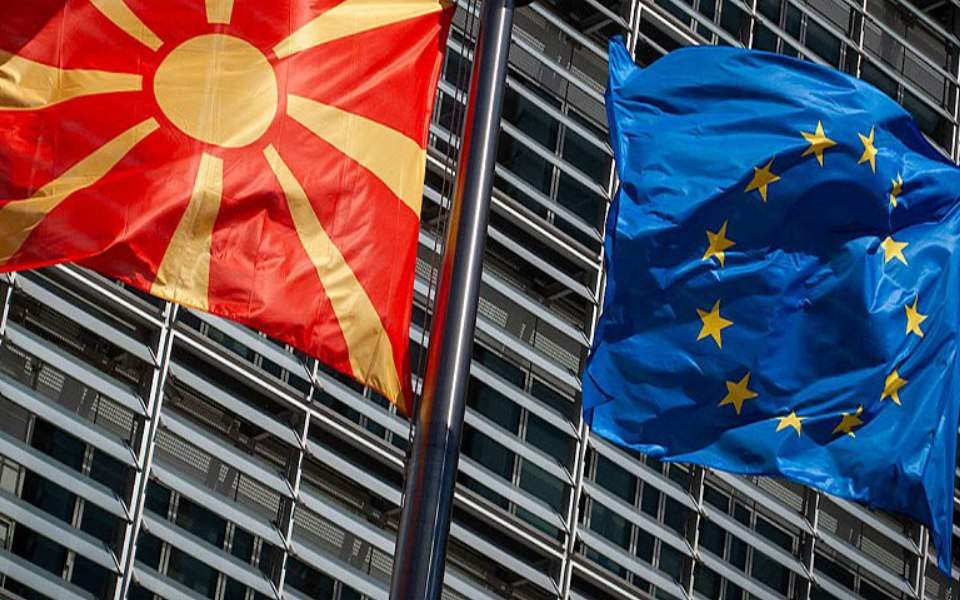The Catalan ethnic conundrum

At times of great ethno-nationalist mobilizations in Catalonia, it may be informative to briefly review the recent history of the Catalan issue, and to attempt to characterize the conflict.
The Spanish Constitution of 1978 established a decentralized regime, which nevertheless fell slightly short of federalism1. That system can be accurately described as an incomplete contract. Being incomplete, it is subject to perennially conflicting interpretations. Add the absence of an impartial judge (the Spanish Constitutional Court may be less politicized than many other supreme/constitutional courts, but sufficiently politicized to not command universal respect), and the success of the Basques in securing certain privileges like paying lower taxes, and you get a picture of why the system has never been in equilibrium for very long. For most of Spain's four decades of democracy, at least one powerful actor has found it in his/her own self-interest to contest, challenge, or outright disobey the constitutional order.
Catalan ethno-nationalists have not always been on the rebel side. For at least three out of four decades they have lent support not just to Spanish socialist governments, but also to Spanish conservative governments. Barcelona and Madrid were thus able to successfully cooperate in huge projects, such as the 1992 Summer Olympics, which are widely hailed as among the most successful Games of modern times. Similarly, Catalan ethno-nationalist leader Jordi Pujol (who had been comparing the "irrational Andalusian race" to the "hard-working Pyrenean race"2) was able to strike important agreements with a Spanish neo-authoritarian president like José María Aznar.
The relationship started turning sour at the unexpected level of the Catalan component (PSC) of the Socialist Party (PSOE). Around 2000, a new generation of Catalan socialists with family roots in other regions of Spain started competing for power within the party's Catalan patricians. Shocked at the sight of those "immigrant kids" contesting their authority, the traditional leaders fought back. The hard internal battle went on for years, and all sorts of arguments were allowed – including the ethnic one3. When the immigrant kids, led by José Montilla, won, the Catalan leaders abandoned the party. Socialism entered a phase of decline, the centre was emptied, and Catalan politics and society became increasingly polarized.
The ethnic battle within the PSC coincided with the territorial battle for a new Catalan statute of autonomy. Here, Catalan nationalists sided with the Spanish socialist government of José Luís Rodríguez Zapatero. After meticulously complying with all the constitutional requirements, the Catalan parliament, the Catalan people, and the Spanish parliament passed the new statute. The Spanish conservatives, however, who had been ignored during the entire process, appealed the new text before the conservative-dominated Spanish Constitutional Court. The Court ruled largely in favour of the conservative party – or at least that is how Catalan nationalists perceived it.
The rest is a decade-long history of ethno-nationalist mobilization. Catalan nationalists of all sorts (conservatives, neo-liberals, leftist republicans, and anti-capitalists) have put aside all their other differences to concentrate on the ethno-nationalist issue. They have been helped by the deep economic crisis of 2007-2014, as well as by the authoritarian style and lack of charisma of Spanish conservative leaders. Yet the conflict is neither socio-economic nor political. Go through the list of names of Catalan MPs and you will be stunned by the ethnic dimension of it all: 85 percent of MPs for secessionist parties sponsor impeccably Catalan names and surnames, and 70 percent of MPs for non-secessionist parties have immigrant-sounding Spanish names. Go through the list of municipalities which are for and against secession, and you will find the same: predominantly "Catalan" municipalities are secessionist, while mixed-ethnicity municipalities and Spanish working-class municipalities built for Andalusian immigrants in the 1950s and 60s, are either agnostic or federalist.
Some Catalan ethno-nationalists argue that their "struggle" is against Spain's corrupt and authoritarian conservatives, and/or against the recent excesses of the Spanish riot police. That cannot be logically true. There is no evidence that Catalan politicians are less corrupt than those of the rest of Spain. And not only does the conflict far predate recent events, but the Catalan police has often been considerably more repressive and violent than its Spanish counterpart. In any case, such issues could all be dealt with at the Spanish level, and are therefore unrelated to secession.
Whatever route they choose to go, Catalan ethno-nationalists have never proved they command a majority of the popular will. Anti-secessionists are many (between 45 percent and 58 percent of the Catalan population). They can count on Madrid and the rest of Spain, on virtually all foreign governments, and on the European Union. If Madrid gets its act together (which is not a sure thing, given that authoritarianism alone will not do), it may still have just about enough time to avoid the 2020's becoming the ugliest decade in Catalonia's recent history.
1. According to the Regional Authority Index, Spain is one of the most decentralized countries in the world: http://www.unc.edu/~gwmarks/data_ra.php. See also https://www.oecd.org/regional/regional-policy/Decentralisation-trends-in-OECD-countries.pdf.
2. Pujol, J. (1976), La inmigració. Problema i esperança de Catalunya. Barcelona: Nova Terra, pp. 65-8.
3. For the creation of such cleavages, see Fearon, J., and D. Laitin (2000), "Violence and the Social Construction of Ethnic Identity." International Organization 54(4): 845-877.
* Yannis Karagiannis is Associate Professor of Political Science at the Institut Barcelona d'Estudis Internacionals (IBEI).





